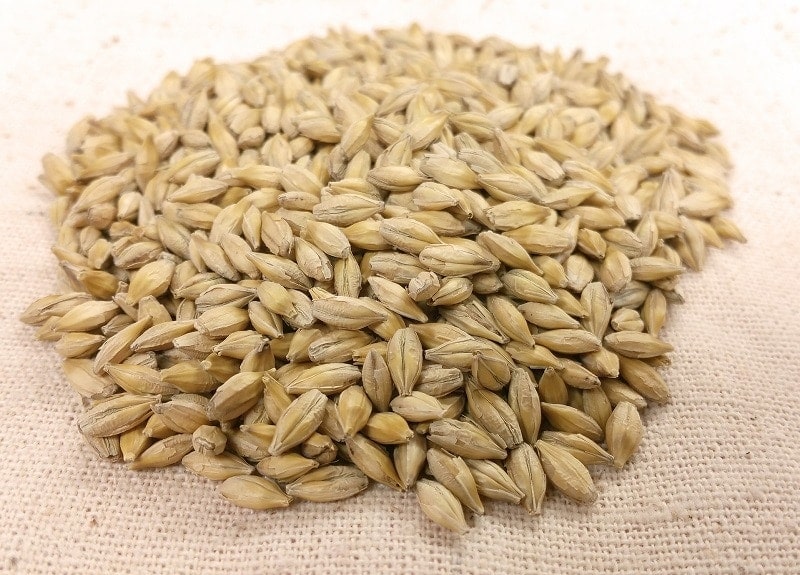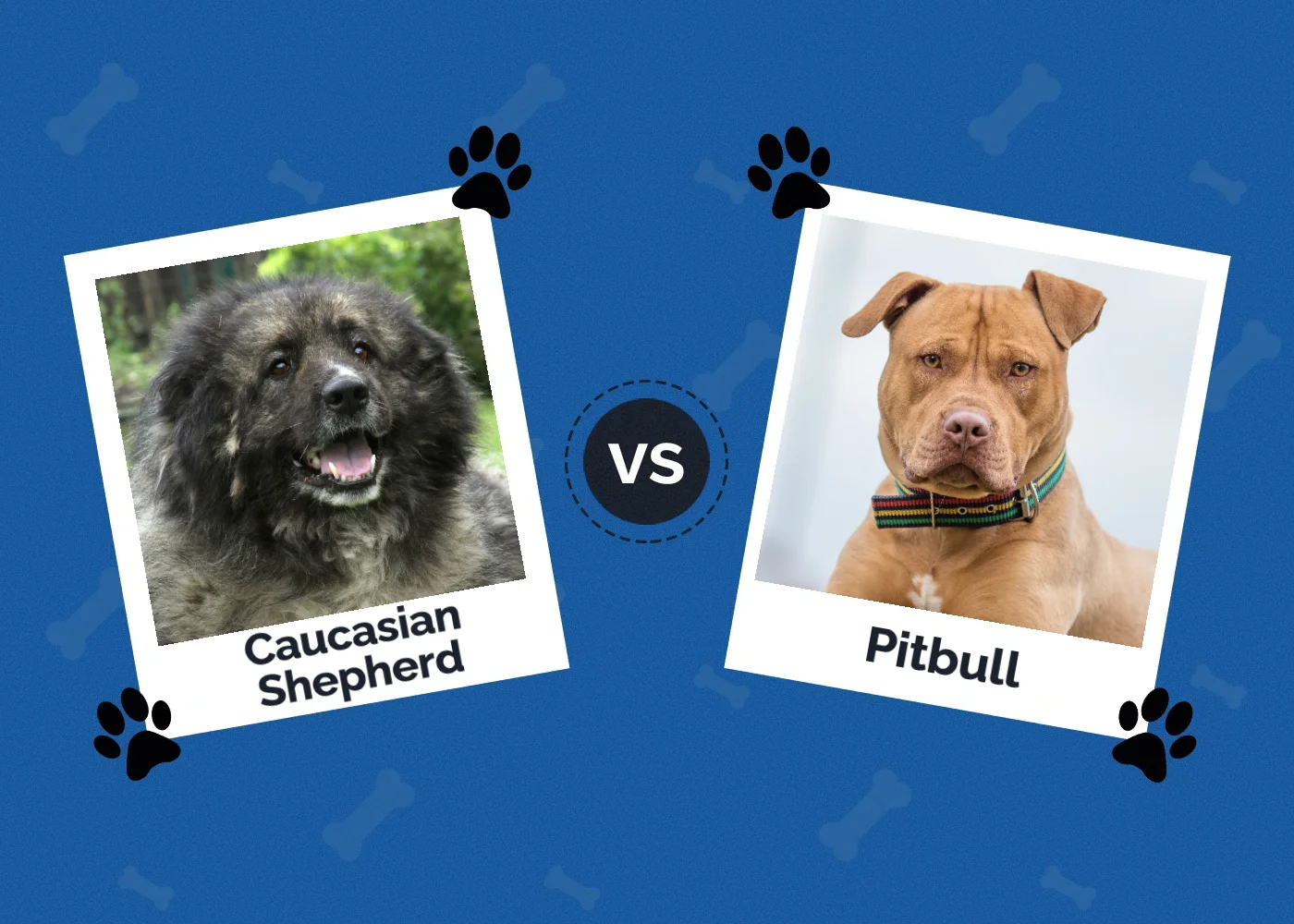Can Dogs Eat Barley? Our Vet Explains The Nutrition Facts
By Dr. Luqman Javed, DVM (Vet)
Updated on

When you’re looking at dog food ingredients, you may see barley and wonder just what this grain is and whether it’s perfect for your pooch. Barley seems to be growing in popularity as an alternative grain, overtaking common food fillers like corn, wheat, and soy. So, can dogs eat barley? Yes, dogs can eat barley, but it isn’t recommended for them in large amounts.
Let’s learn a little more about barley and how it benefits your dog.
Can Dogs Eat Barley?

Barley is a common ingredient used in many modern-day dog food recipes. The rationale for adding barley to dog foods is that it’s safe for a dog to consume barley in small amounts. In addition, the carbohydrates in barley provide your dog with energy for metabolism once they’re broken down into simpler sugars (in the form of glucose).
However, the fact that barley is safe for dogs doesn’t necessarily mean it’s good in large quantities. Much of the nutritional value of carbohydrates in barley is intended for herbivores or omnivores, which dogs aren’t.
The Barley Controversy
Much like any other carbohydrate found in dog foods, barley isn’t without its controversies. Essentially, barley is a safe-to-consume carbohydrate filler. The addition of barley in commercially available dog food, therefore, is mostly for economic purposes, not necessarily for the health benefits of barley.
The main argument against the use of barley in dog food is that while appropriate, barley isn’t a natural food for dogs, because it isn’t considered species-appropriate when served in large quantities. By extension, many people are against its use in small amounts as well.
Dogs (and even cats) do very well on diets with minimal carbohydrates and a preponderance of fats and high-quality protein (from an animal source). This distinction sets dogs apart from humans, therefore, the perceived benefits of barley in humans don’t necessarily translate for dogs.
Dogs are healthier when products such as meat, poultry, lamb, and beef are the foundation of their diets. Prevailing veterinary advice advocates for feeding dogs such diets instead of feeding them as if they were herbivores just to cut corners when it comes to the cost of a meal.
Another reason why many nutritionists and vets don’t agree with the addition of barley (and other grains such as corn or soy) in canine diets is because, in high amounts, these grains aren’t healthy for dogs. However, high amounts of animal protein don’t seem to cause issues for dogs.
Much of the alleged controversy with high-protein diets in dogs is based on extrapolated information about the effects of high-protein diets on animals such as rats. However, rats aren’t carnivores, and there isn’t much evidence to support the idea that high protein diets are detrimental for dogs (the same is true for cats as well).
Final Thoughts
Like many grains, barley is safe for dogs in small amounts. However, given the nutritional profile of dogs, the perceived benefits of barley in their diet are very minimal, and many would argue that their addition to a dog’s diet isn’t warranted.
Though the ultimate decision of a dog’s diet will depend on pet owners deciding what they feel is best for their pup with the help of their veterinarian, prevailing evidence suggests that excessive use of grains such as barley isn’t recommended for dogs and they do best on a good quality diet of appropriate rations of high levels of animal-derived protein.
See also:
- Can Dogs Eat Miso Soup? Vet-Approved Health Review
- Can Dogs Eat Granola? Vet Reviewed Nutrition Facts & Safety Guide
Featured Image Credit: Hans, Pixabay













